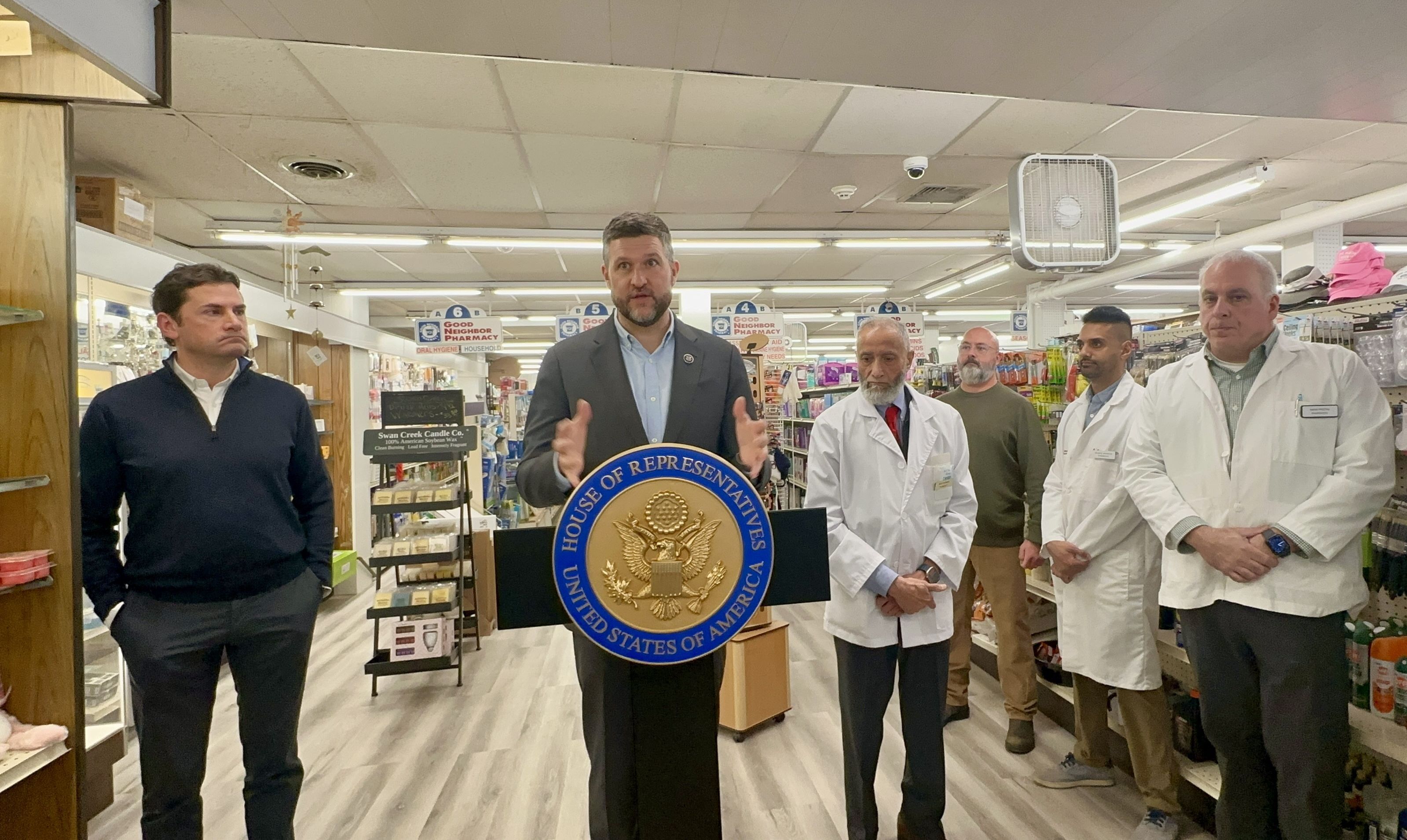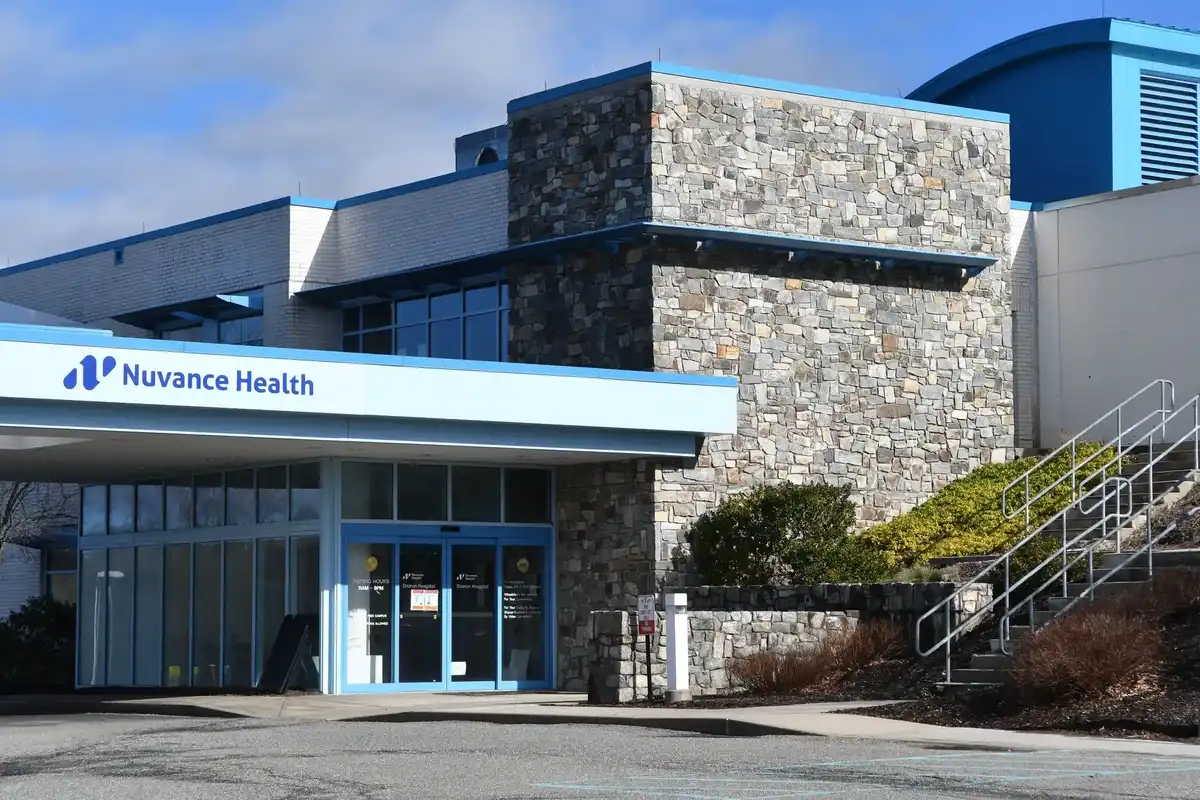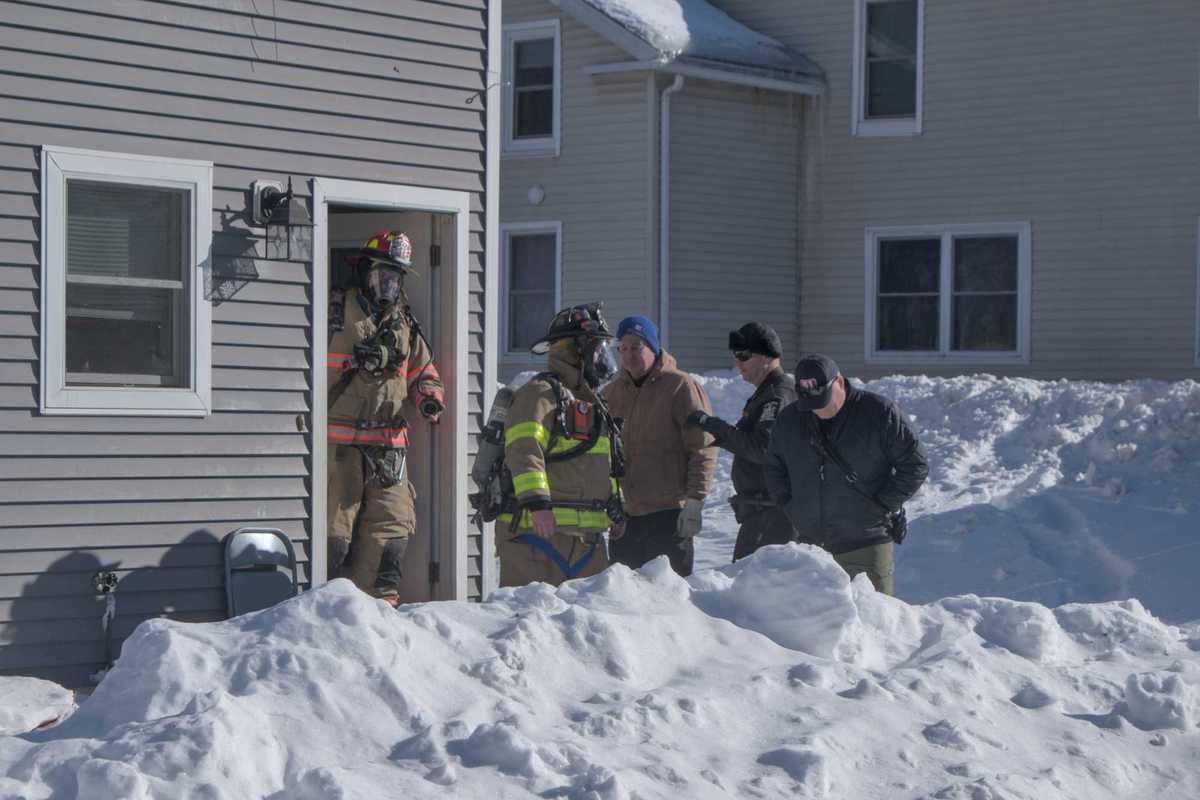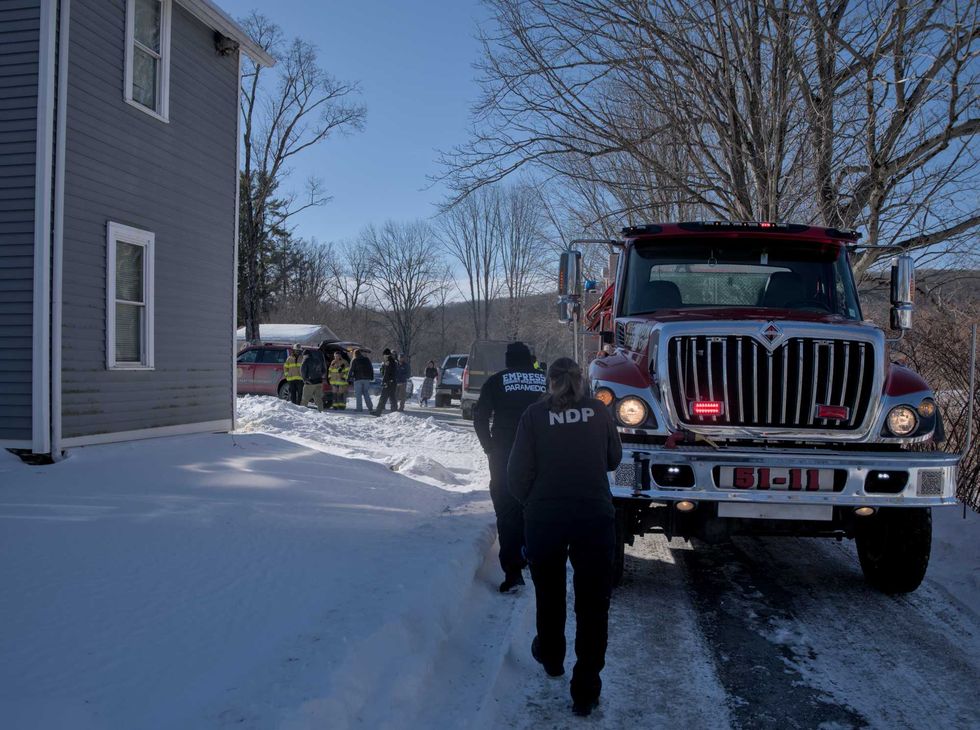Ryan visit promotes pharmacy reform legislation

Officials and pharmacists gathered at Pine Plains Pharmacy on Monday, Feb. 17, to underscore the need for pharmacy benefit manager reform, an effort toward fairness in drug prices for local family-owned pharmacies. Left to right are Chris Drago, Dutchess County legislator, D-Stanfordville; U.S. Rep. Pat Ryan, D-N.Y., at podium; Pine Plains pharmacist Nasir Mahmood; area pharmacist Eric Lambert; Pine Plains pharmacist Rehan Mahmood; and Mark Freitas, Washingtonville pharmacist.
Photo submitted







 Paramedics with Empress EMS march through the snow toward Millerton firefighters on Monday, Feb. 9.Photo by Nathan Miller
Paramedics with Empress EMS march through the snow toward Millerton firefighters on Monday, Feb. 9.Photo by Nathan Miller
 Brian Booth, of Millbrook, demonstrates a "flip-up," on Friday, Feb. 6, at Rudd Pond. A flip-up is an ice fishing device that suspends a baited hook connected to a spring-loaded flag that flips up when a fish takes the bait.Photo by Nathan Miller
Brian Booth, of Millbrook, demonstrates a "flip-up," on Friday, Feb. 6, at Rudd Pond. A flip-up is an ice fishing device that suspends a baited hook connected to a spring-loaded flag that flips up when a fish takes the bait.Photo by Nathan Miller






